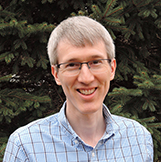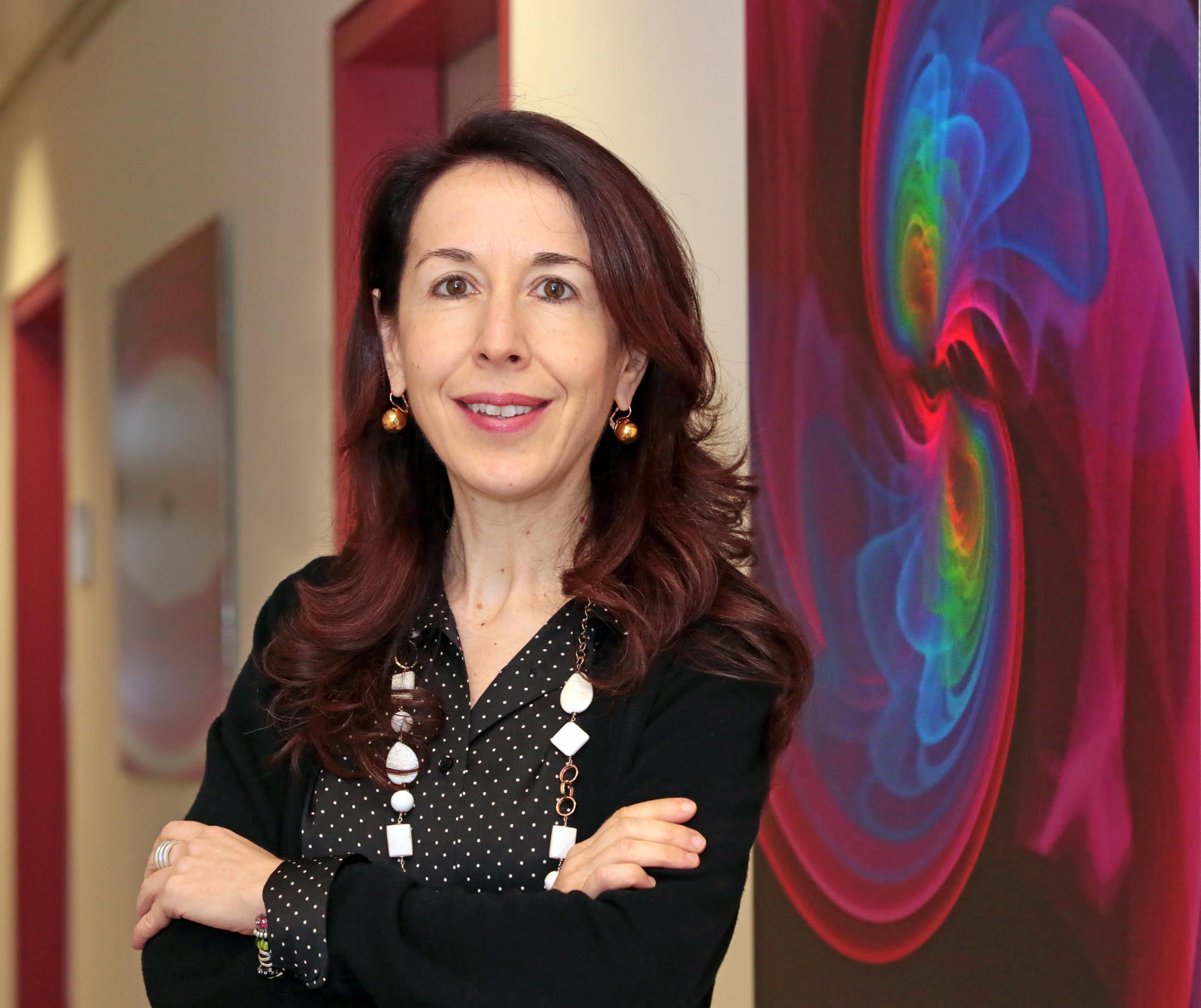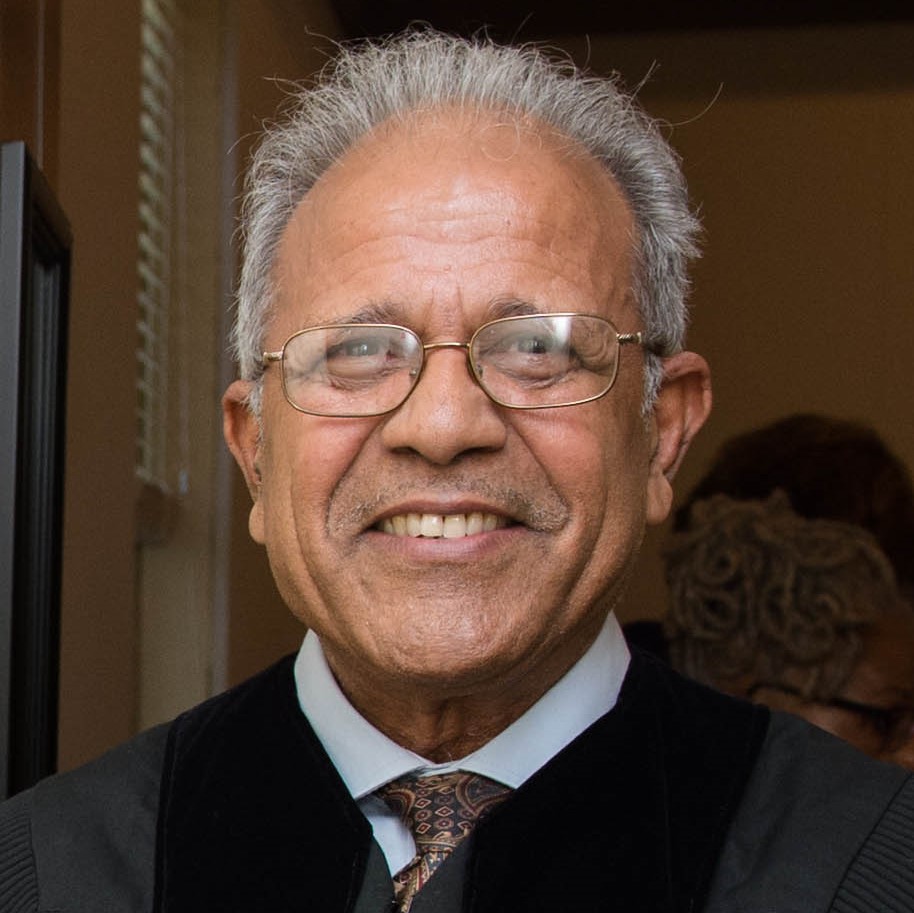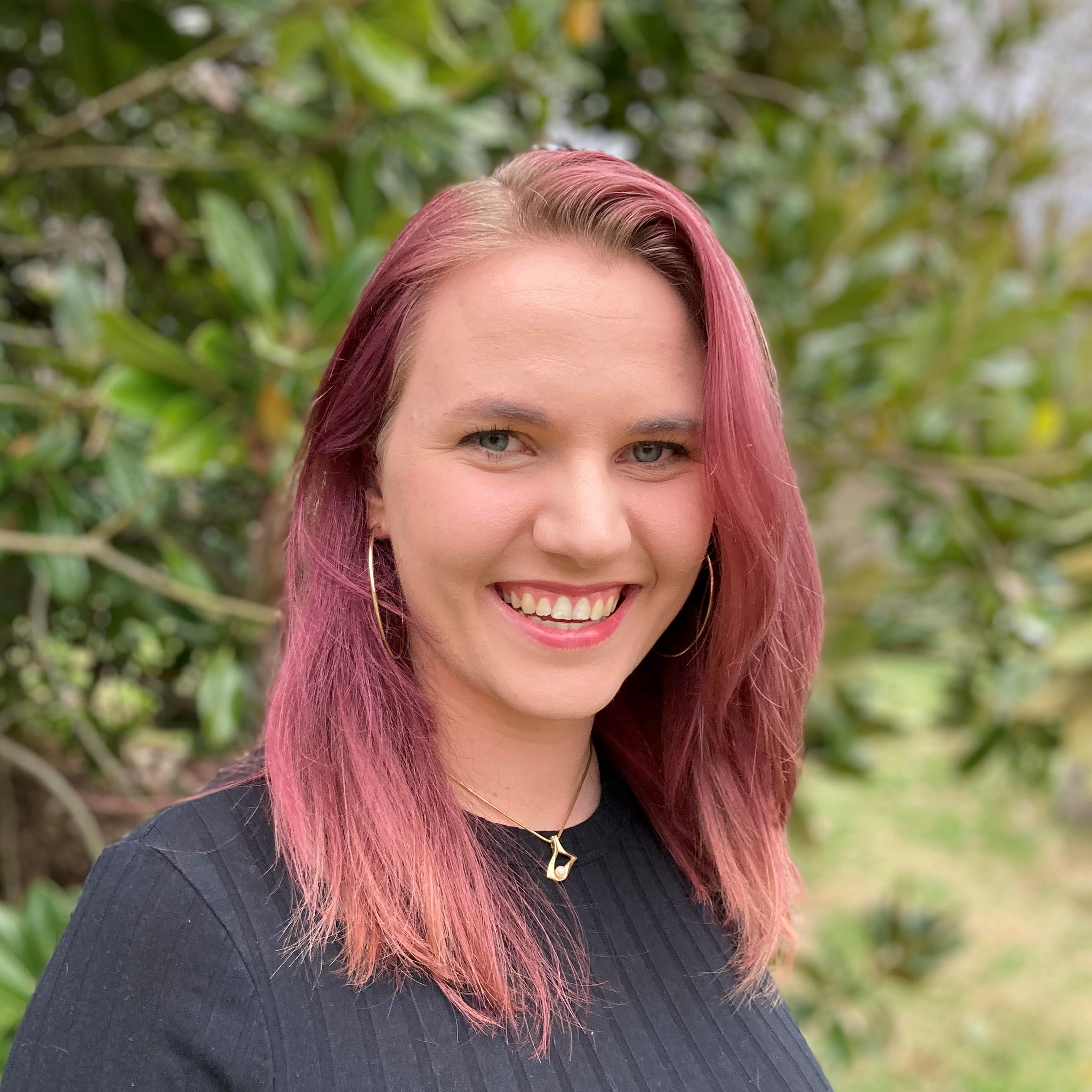Shawhan Named a Distinguished Scholar-Teacher
- Details
- Published: Monday, May 24 2021 11:07
Peter Shawhan has been named a University of Maryland Distinguished Scholar-Teacher. The award honors faculty of outstanding scholarly accomplishment and excellence in teaching. He will give his DST lecture, The Simple (and Not-So-Simple) Physics of Detecting Gravitational Waves, on Tuesday, December 7, 2021 at 4 p.m. in lecture hall 1412 of the John S. Toll Physics Building. Refreshments precede the event, starting at 3:30 p.m.
"Peter clearly deserves this recognition," said physics chair Steve Rolston. "He has been a key contributor to LIGO's celebrated successes, and we are just beginning to reap the rewards of his great contributions to multi-messenger astronomy," which integrates data from previously-disconnected satellites and observatories. "Peter is equally dedicated to our education mission. He was an excellent graduate director for five years, and has been a great teacher across the range of our course offerings. Last fall, he designed and launched PHYS 172, Succeeding in Physics, to help students who might otherwise struggle with the major's requirements to build better understanding."
Shawhan is also chair of the department's newly-established Climate Committee, which is working to ensure a welcoming and supportive environment for all. Peter Shawhan
Peter Shawhan
“I’m fortunate to have an amazing group of colleagues who made LIGO a reality, after decades of careful preparations,” said Shawhan. “It really works! And now we are routinely detecting gravitational wave events from galaxies far, far away and getting important astrophysics insights from them. But one of the great things about being a professor is that I can also talk about current research in my classes, connecting it with the course material and sharing some of the excitement of actually using physics to do revolutionary things.”
Shawhan received his Ph.D. in physics from the University of Chicago, and was appointed a Millikan Prize Postdoctoral Fellow at the California Institute of Technology. He continued at Caltech as a Senior Scientist before accepting a faculty appointment with UMD Physics in 2006. Shawhan’s primary research for the past 20 years has been direct detection of gravitational waves with the LIGO and Virgo detectors, and he has held numerous leadership positions within the LIGO Scientific Collaboration, including Burst Analysis Working Group Co-Chair (2004-11) and LSC Data Analysis Coordinator (2017-present). He was instrumental in establishing and nurturing a program of sharing prompt information about gravitational-wave event candidates with astronomers to allow them to look for corresponding signals in their instruments. That groundwork enabled a remarkably rich campaign of astronomical follow-up observations and study, spanning the whole electromagnetic spectrum, when LIGO and Virgo detected the first binary neutron merger event, in August 2017. That first event has provided scientific breakthroughs in fundamental physics, neutron star properties, high-energy astrophysics, and cosmology. LIGO and Virgo are currently being upgraded and preparing to report more event candidates as they are identified.
Shawhan served as the Physics Associate Chair for Graduate Education from 2014-19 and is a member of the UMD-Goddard Joint Space-Science Institute and its Executive Committee. In addition, he is a past Chair of the Division of Gravitational Physics of the American Physical Society and was elected an APS fellow in 2019. Shawhan received the Richard A. Ferrell Distinguished Faculty Fellowship from the UMD Department of Physics in 2016. He was the recipient in 2018 of the Kirwan Faculty Research and Scholarship Prize and the USM Board of Regents Faculty Award for Excellence in Research.



